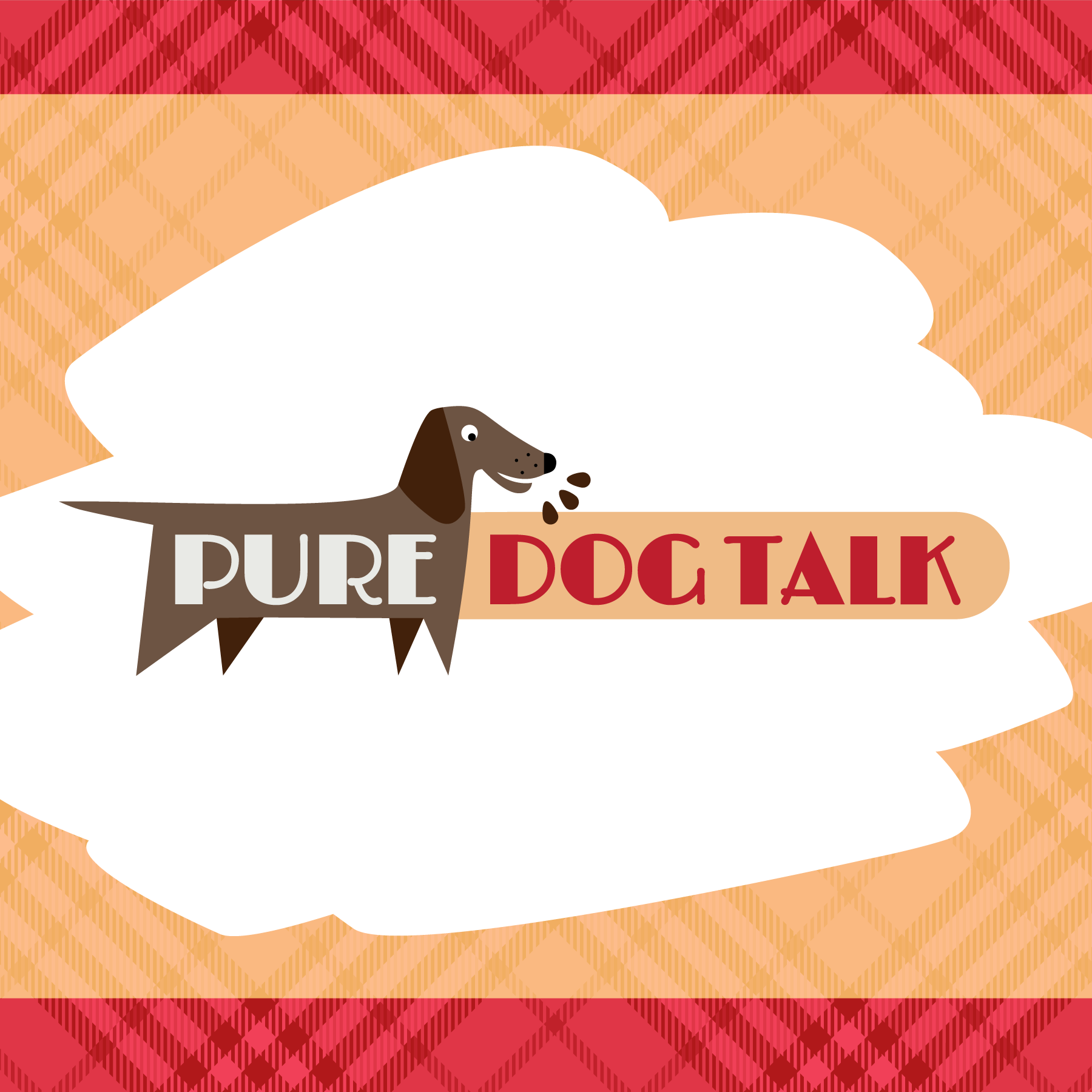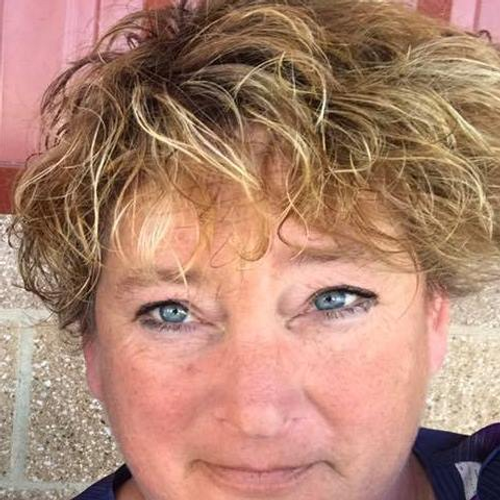The Dark Side of the Dwarf Gene
Dr. Theresa Nesbitt talked last week about the purpose-bred dogs that evolved with short legs to do very specific jobs. Today she talks about “the dark side of the dwarf gene” and what happens when things go wrong when you’re trying to do it right.
Dwarf genes have been around for more than 4000 years, Nesbitt said. They are solidly entrenched in some breeds that are specifically “fit for function” for the job they were meant to do.
“Everything that isn’t normal, isn’t pathological,” Nesbitt said.
Too much of a good thing
Sometimes, though, breeders can get “too much of a good thing,” Nesbitt added. She also shared tremendous information on the various genetic disorders of dogs who aren’t supposed to be dwarfs.
Nesbitt provided layman’s translation for a lot of medical terminology. She helped decipher topics like retro genes, epigenetics, genes that inadvertently land on the wrong chromosome and more.
Making words like achondroplasia make sense to those of us without a medical degree is a gift that Nesbitt shared throughout this episode. “Chondro,” for example, refers to cartilage, Nesbitt said, and “plasia” means growth. The dwarfism gene affects the rate at which animals (including humans) produce cartilage.
“The growth plate at the end of the long bones is like a disc of cartilage that keeps making longer bone,” Nesbitt said. “It pushes out like a pasta machine extruding bone in a perfect column.”
Genes are a “recipe book”
Nesbitt’s discussion of “layering genes,” autosomal recessive genes and the progress being made in the research community as they acquire more advanced understanding of how all of these systems work is fascinating. She also brought to the discussion ways in which research on canine genetics is benefitting people.
Intervertebral disc disease, in which calcification develops between the discs, is an area Nesbitt said research is making tremendous strides in identifying the specific genes responsible.
Genes provide a “recipe book” to the cells, for which epigenetics are the “family notes,” Nesbitt said. She added that the environment can change or modify genetics.
This is a “must listen” episode. And probably more than once! Nesbitt’s enthusiasm for the topic and ability to translate into layman’s terms is invaluable.

